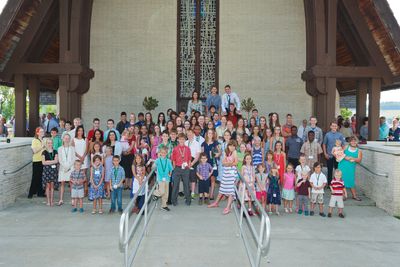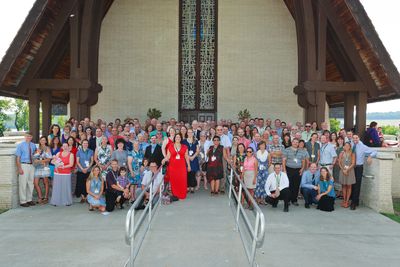Service in the Lord
Bro. Dan Richard
Are you selfish? I am. I really am. I'd much rather serve myself than others, yet God has been working in my life to teach me how, and why, to serve others. It's a journey that all disciples of Jesus must experience and learn. No one is born serving others. Someone who cared enough to raise you had to serve you. Someone had to feed, clothe, change your diaper and care for you. It is only later in life that we learn that service is a choice. We learn to serve because someone served us first.
We choose whether to serve ourselves, or others. We choose whether to serve God or man. We choose whether to serve at home, school, work or play. Service is a choice. It's not the easy road, nor the most natural. We are all naturally selfish and have to change our natural inclinations in order to serve.
Of course the best example of the ideal servant is the Son of Man, Jesus. Everything Jesus did was an act of service to others. He healed. He taught. He fed. He forgave. He loved. He helped. He believed. He cared. He died for you and me. Jesus served in practical and spiritual ways. He understood people's material needs and was sympathetic to all who suffered. "Servant" was actually one of the titles given to Jesus. He set a high standard when he washed his disciples feet, just hours before dying on the cross. Jesus "did not come to be served, but to serve and to give his life as ransom for many." (Matthew 20:28)
- Class 1 Serving Refugees
- Class 2 Serving within the Church
- Class 3 Serving Lost Sheep Within the Church
- Class 4 Serving Lost Sheep Outside the Church
- Class 5 Serving in Practical Ways

